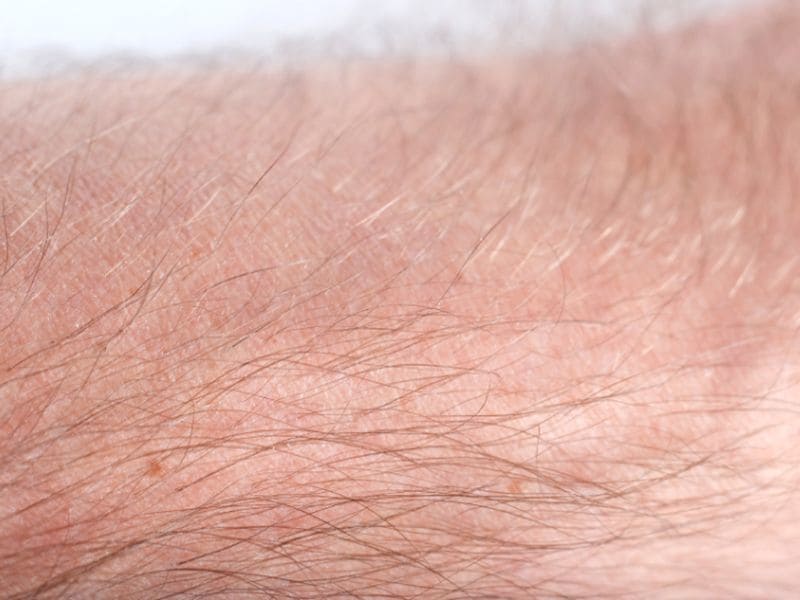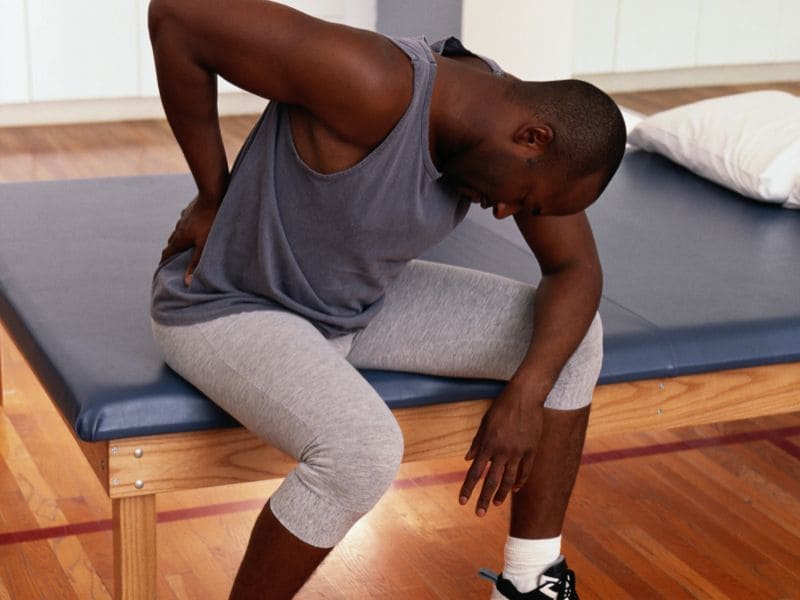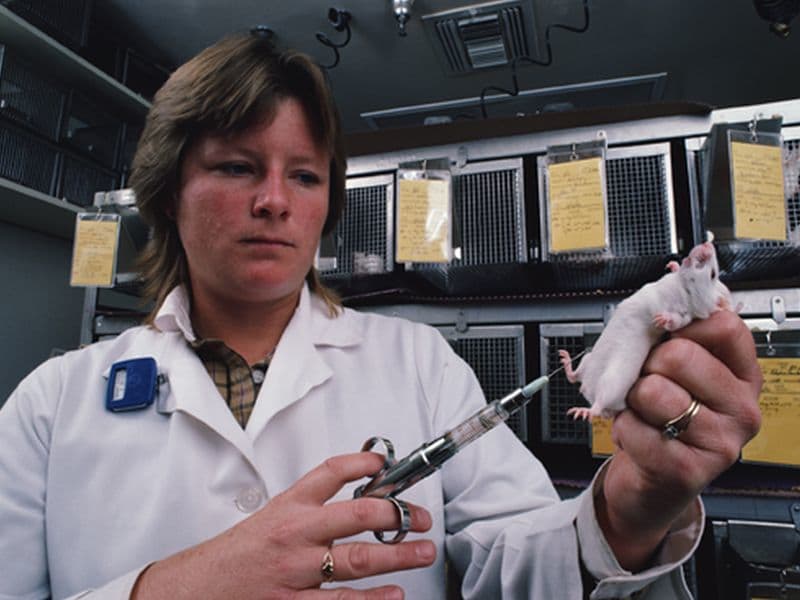
Ambulance response times for cardiac arrest are longer in poor U.S. neighborhoods than in rich ones, which means poor patients are more likely to die, a new study finds. “When it comes to a cardiac arrest, every minute counts,” said study author Dr. Renee Hsia, a professor of emergency medicine at the University of California,… read on >






























